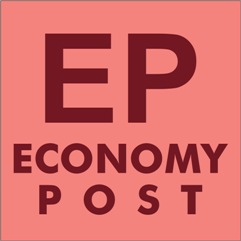Virendra Singh Rawat / Lucknow
Uttar Pradesh chief minister Yogi Adityanath has called for striking a balance between offline and online modes of teaching.
Reviewing the implementation of National Education Policy (NEP) 2020, Yogi directed officials to develop a hybrid template of online and offline teaching to protect school going children from excessive exposure to technology.
Besides, he stressed upon private investment in school education and encouraging private participation in various educational activities.
“With the implementation of National Education Policy, students will not be limited to bookish knowledge, and their practical and technical knowledge will also be enriched,” he underlined.
The CM observed many private educational institutions were doing commendable work and their best practices should be implemented in government institutions too.
He ordered for getting the NAAC grading of all the eligible institutions in earnest. “There should be a healthy competition among academic institutions. The institutions should not serve as centres for merely distributing degrees, but should also fulfill their larger responsibilities towards the society.”
Emphasising on quality research, Yogi said interdisciplinary research work on local problems should be encouraged in varsities. The research topics should be socially, nationally and globally relevant and contemporary.
He said more than 77 percent of the UP’s population lived in rural areas. Therefore, under the Unnat Bharat Abhiyan (UBA) Scheme, more and more educational institutions should be connected to rural areas and special emphasis laid on conducting courses related to rural development.
The CM said industry-academic relations should be strengthened and small scale industries should be promoted in villages by educational institutions through social connect.
IIT Kanpur beats pandemic with bullish placements
Regarding secondary schools, he batted for special efforts upon improving the curriculum and pedagogy, evaluation and examination reform, capacity building of teachers and appointment of teachers as well as skill upgradation.

